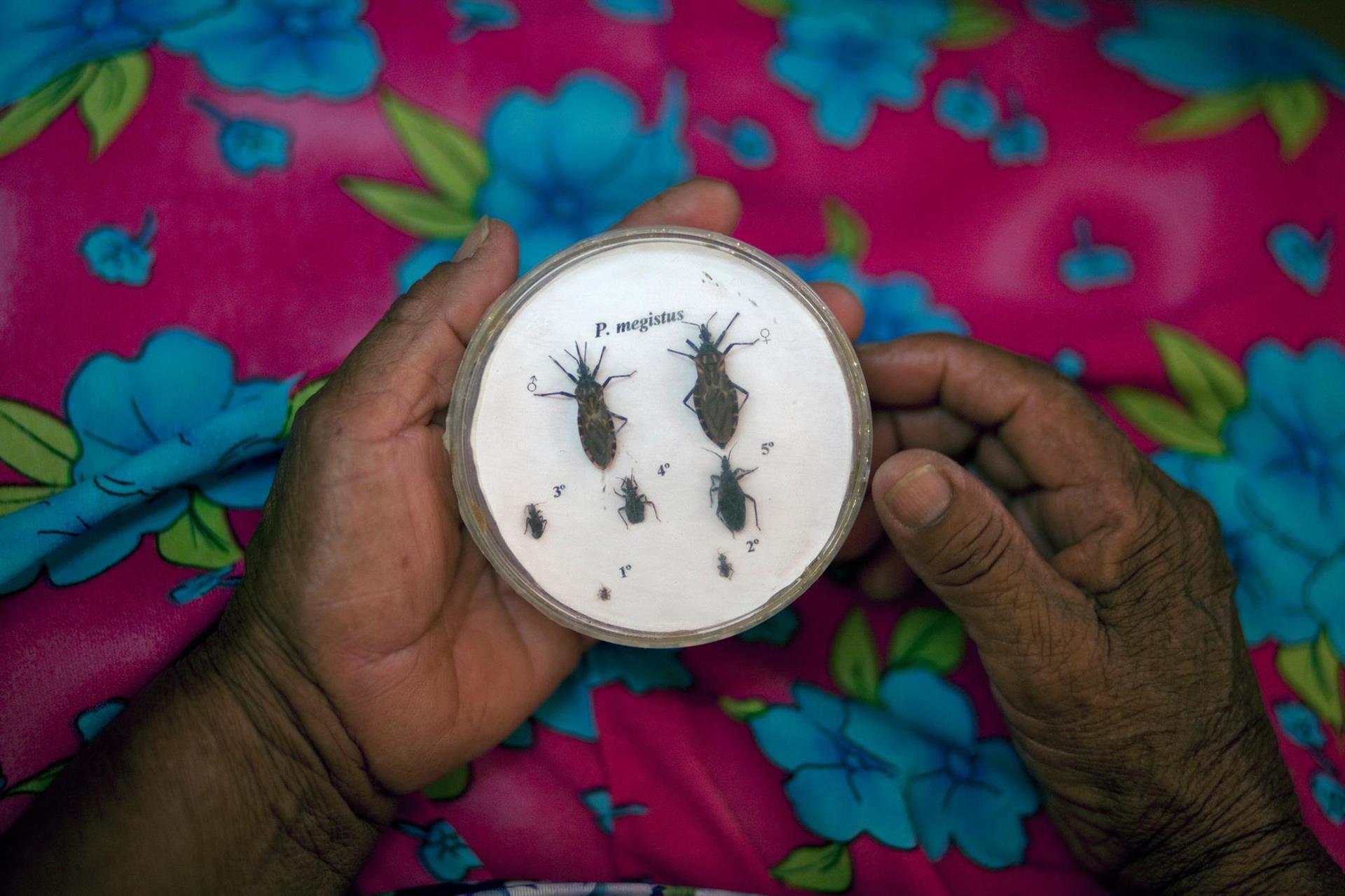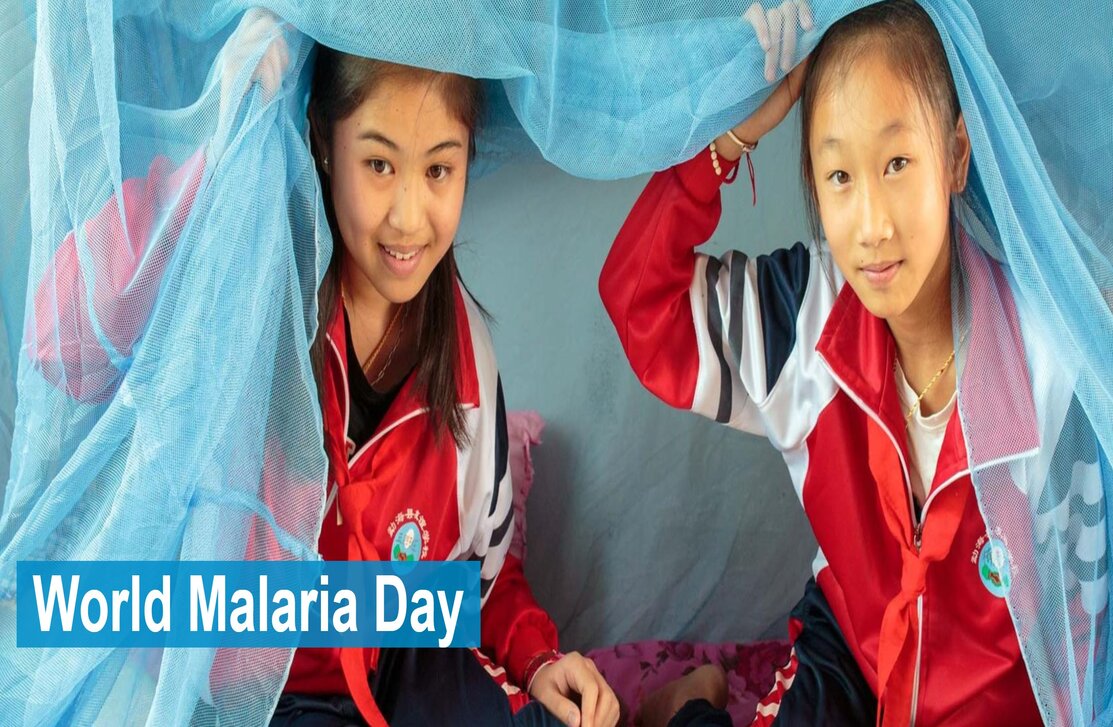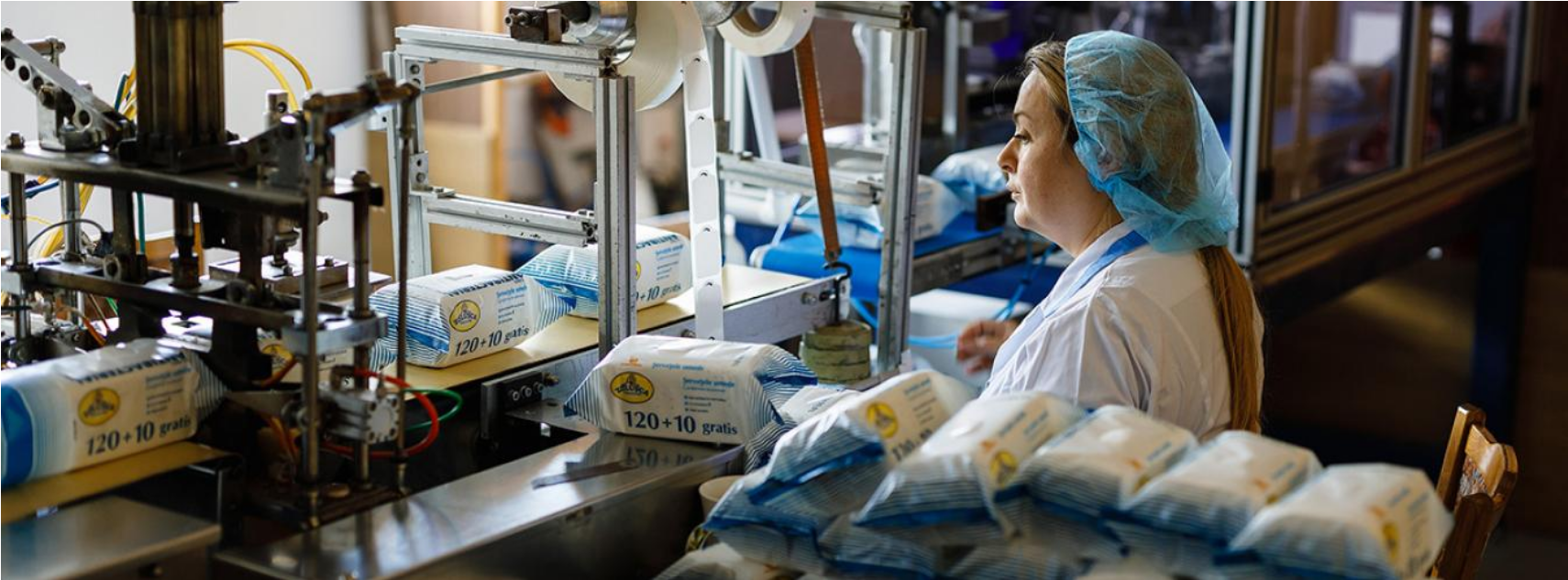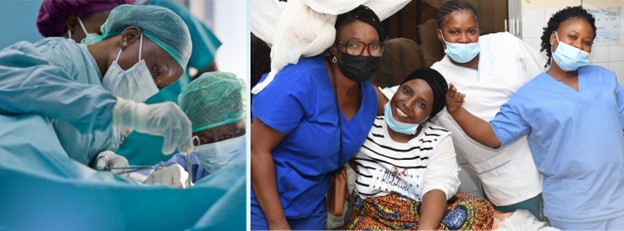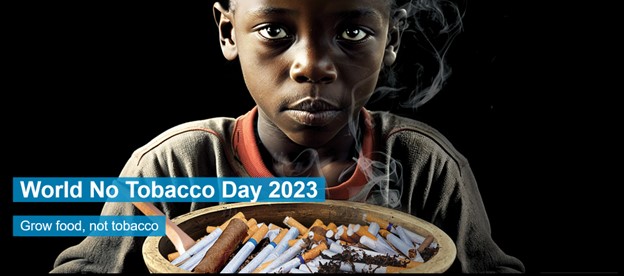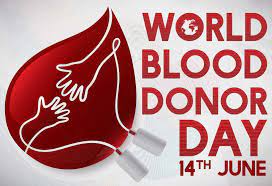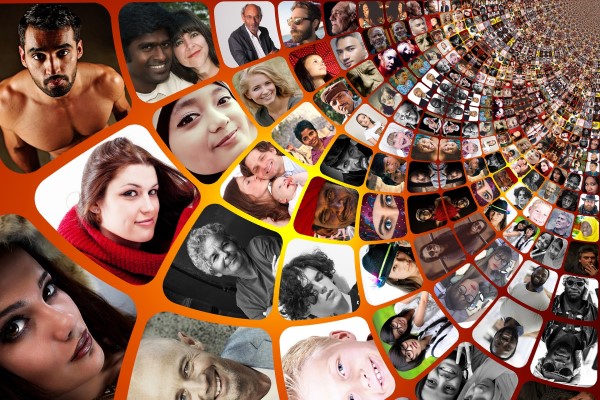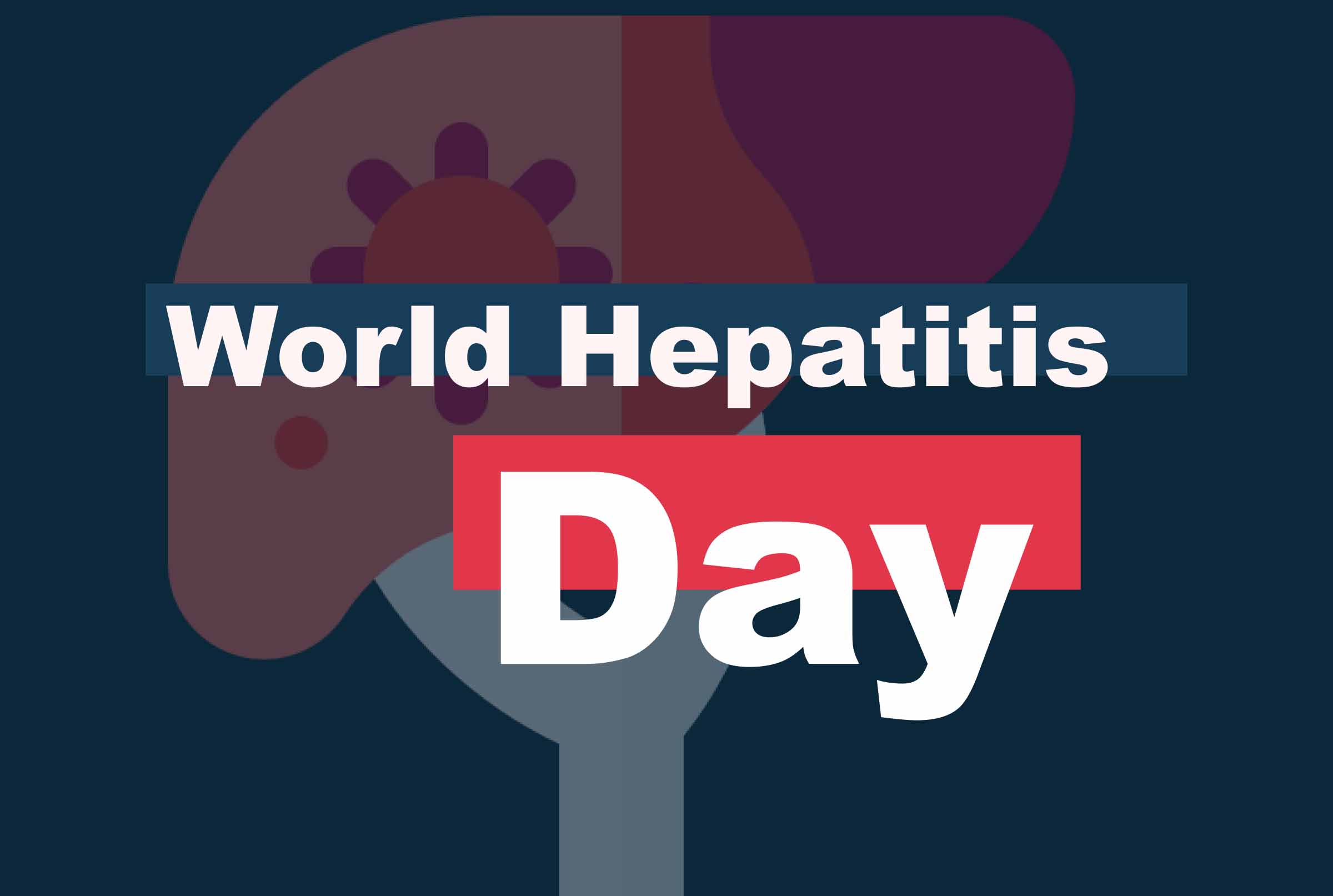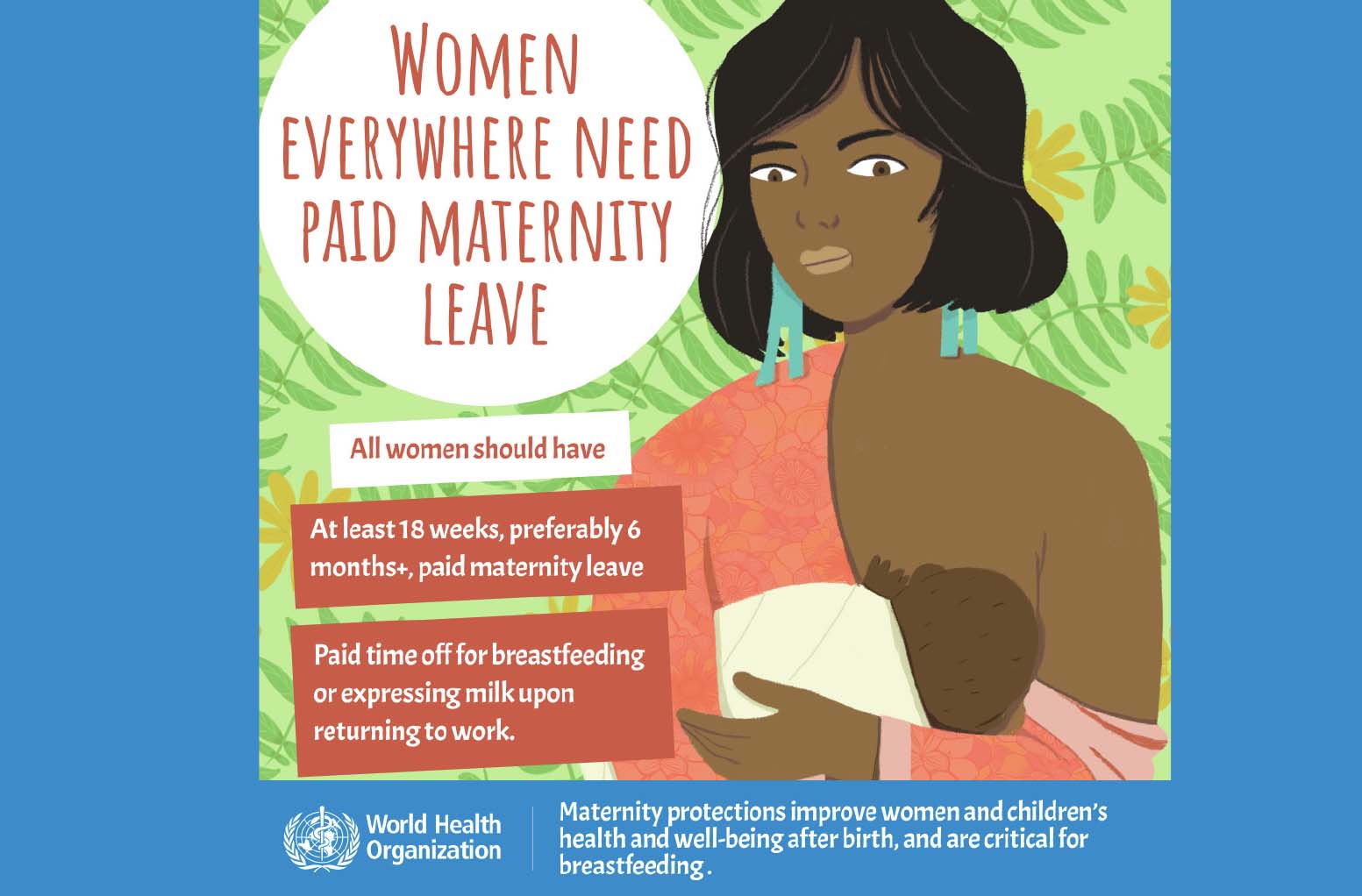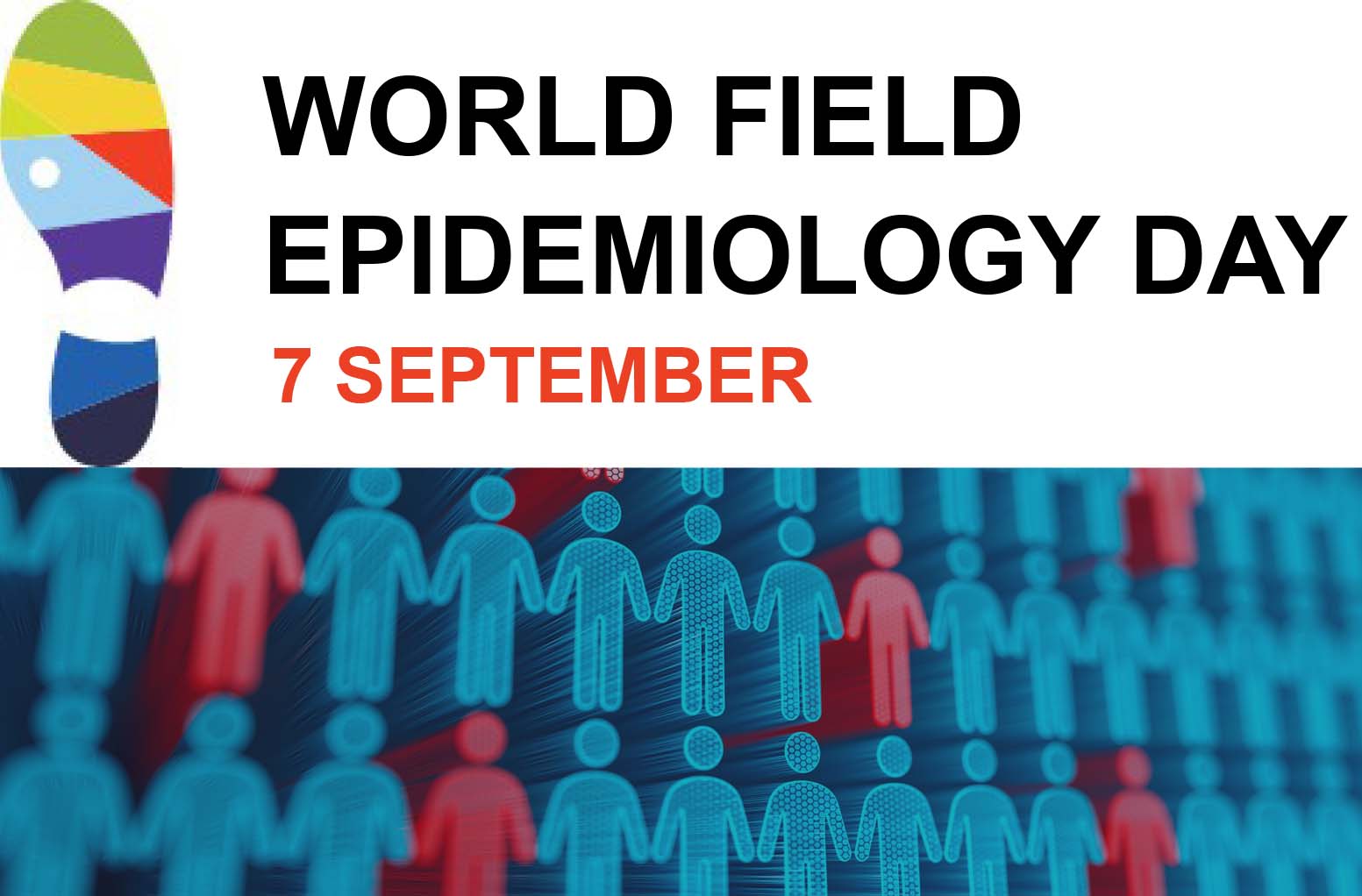World Chagas Disease Day
Chagas disease, also known as "silent or silenced disease", affects mainly poor people without access to health care or people without a political voice. The disease progresses slowly and often shows an asymptomatic clinical course. Without treatment, Chagas disease can lead to severe cardiac and digestive alterations and become fatal. Raising awareness of the disease […]

